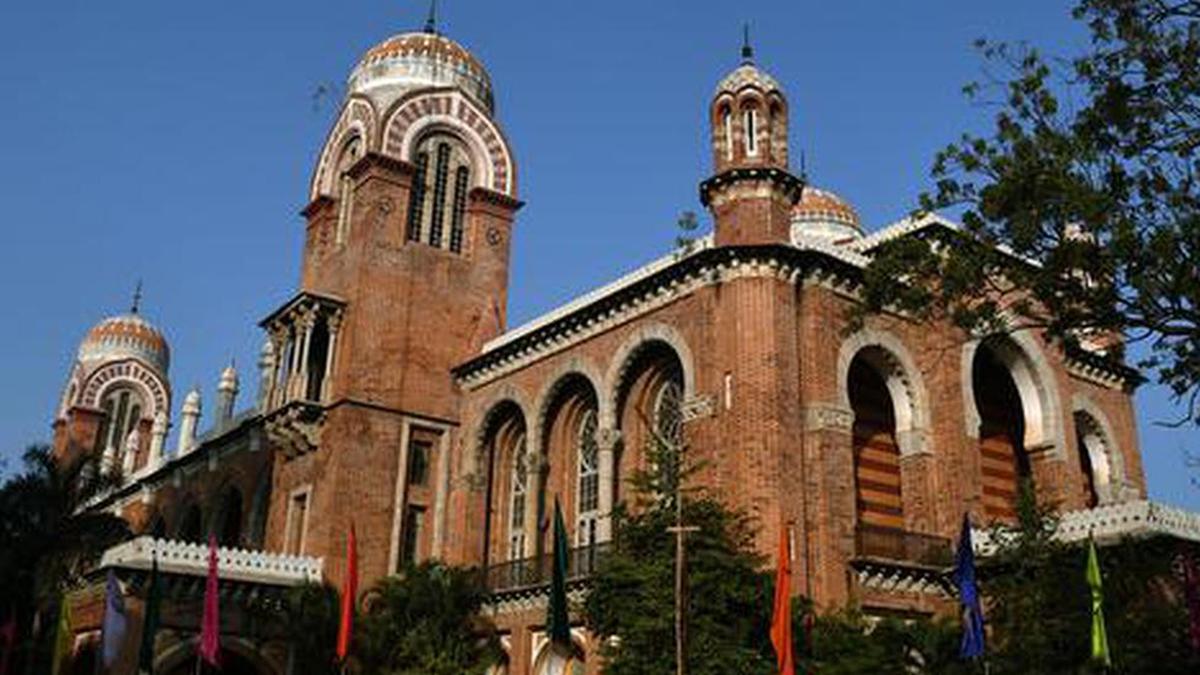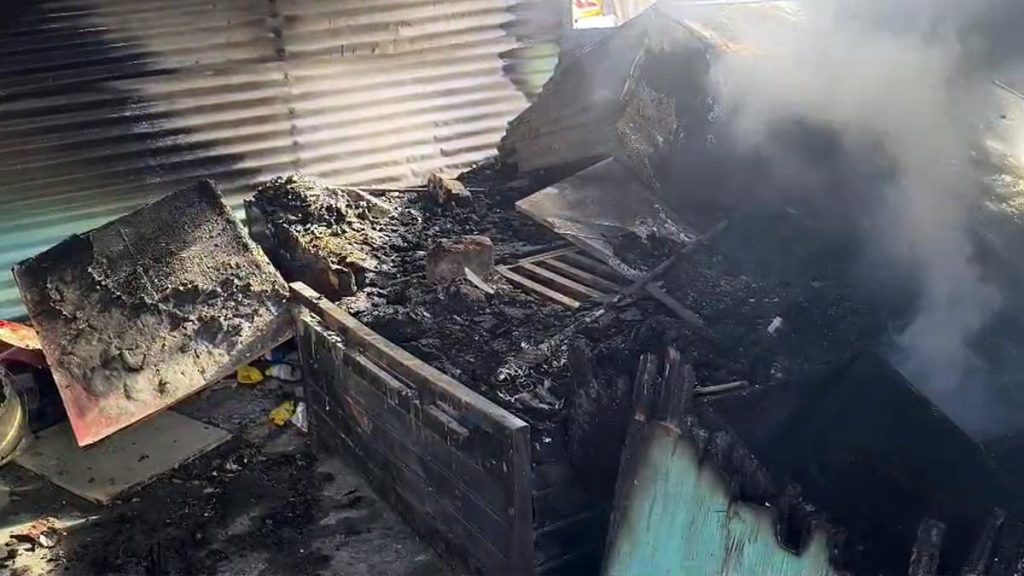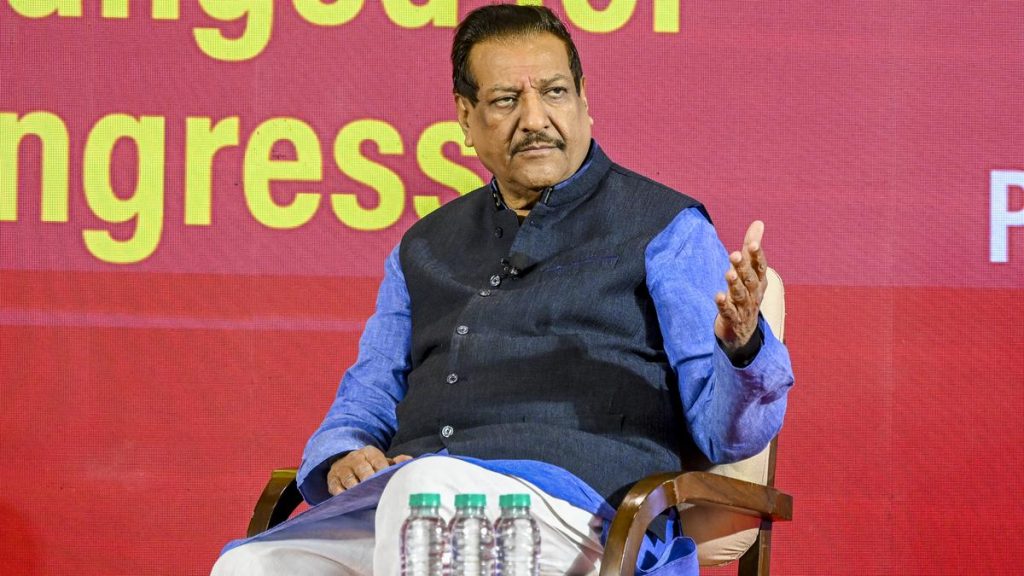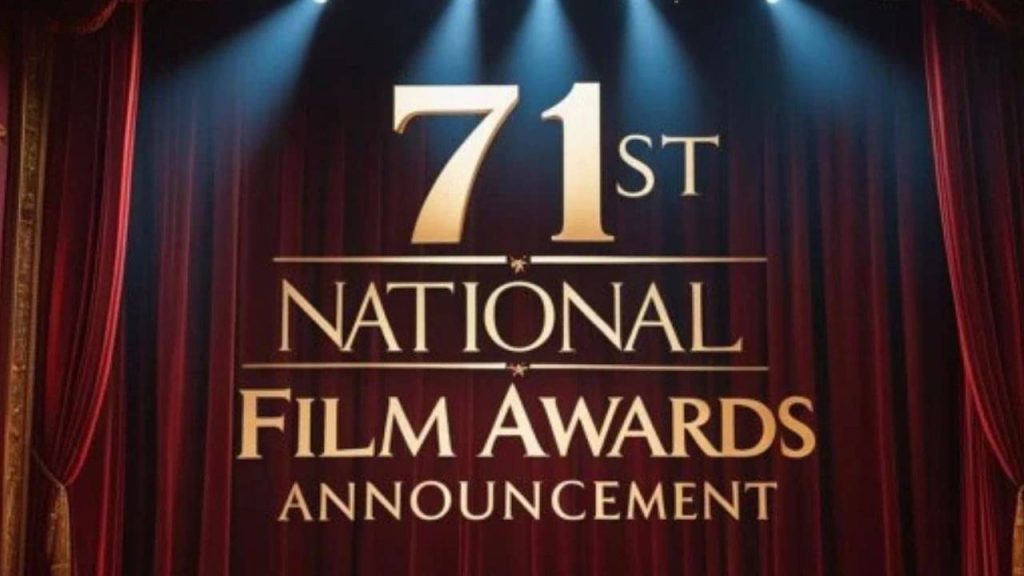Now Reading: Madras University Exam Row: High Court Orders Probe, Vindicates Student
-
01
Madras University Exam Row: High Court Orders Probe, Vindicates Student
Madras University Exam Row: High Court Orders Probe, Vindicates Student

Quick Summary
- An inquiry led by Senior counsel A.K. Sriram, appointed by Madras High Court, confirmed that an examination in ‘History of Communication’ was conducted on May 11, 2024, by the University of Madras Journalism Department.
- The university management had previously denied holding the exam and opposed a writ petition filed by student Amanda Miriam Fernandez R. to declare the results.
- Three out of seven students confirmed the exam occurred, asserting it was organized under instructions from Acting Head of Department (HoD) T.R. gopalakrishnan. WhatsApp messages and screenshots supported their claims.
- Mr. Gopalakrishnan acknowledged conducting the exam as a mock test for students with attendance issues but admitted it lacked university approval.
- Associate Professor Beulah Rachel Rajarathnamani countered these claims, stating no authorized exam took place and reiterated adherence to university protocols as per Choice Based Credit System guidelines.
- Evidence from WhatsApp conversations contradicted her statements; however, she maintained she was unaware of any such arrangement.
- the inquiry concluded that while the examination occurred under Mr. Gopalakrishnan’s supervision with genuine question papers issued in April 2024, it did not have official approval or recognition from university authorities.
Indian Opinion Analysis
The unfolding controversy highlights procedural lapses within academic institutions regarding examinations and adherence to standardized norms. While acting HoD T.R. Gopalakrishnan aimed to address attendance challenges through unconventional methods like mock exams, his unilateral actions without prior clearance demonstrate governance issues at institutional levels.
This situation underscores a need for openness between faculty and administrative bodies in decision-making processes affecting students’ academic records-particularly when deviating from established protocols like those outlined in credit system handbooks.
For India’s higher education landscape broadly speaking: ensuring robust checks-and-balances will be critical for maintaining institutional credibility amidst rapidly evolving educational frameworks nationwide. Strong corrective measures might restore faith among stakeholders-students foremost-and help prevent similar disputes affecting academic integrity going forward.
























